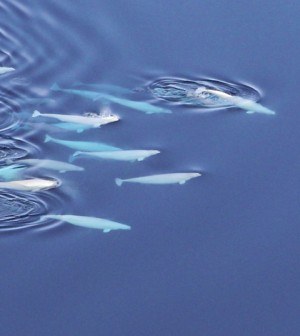
Sep 2, 2016 | Marine Animals, News, Wildlife Monitoring
Beluga whales are very difficult to observe, which is why scientists from the University of Washington use Argos satellite tags to better understand their behavior and the environment in which they live. The team of scientists from UW first began fitting beluga...
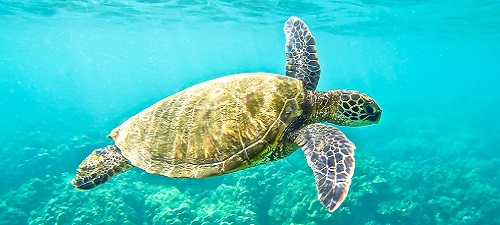
Sep 2, 2016 | Marine Animals, News, Wildlife Monitoring
Over 6893 marine sea turtles have been tracked with Argos since the beginning of the Argos system over 30 years ago. Like some other turtle species, Hawksbill sea turtle populations are in decline globally, due to illegal trading of turtle shells, hunting, bycatch in...
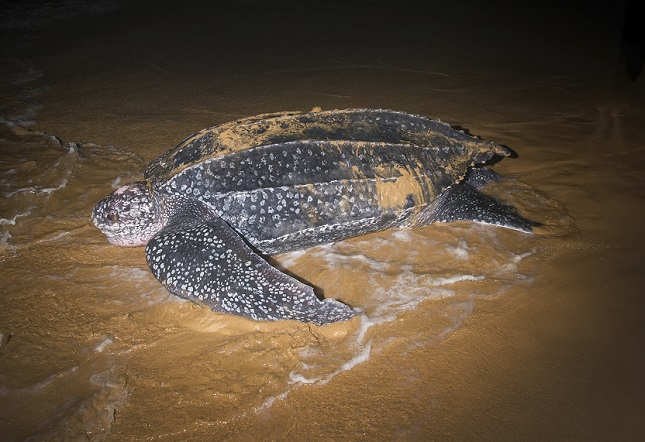
Dec 7, 2015 | Marine Animals, News, Wildlife Monitoring
Pacific leatherbacks, a species that is already in sharp decline due to development on nesting beaches, illegal egg harvesting and fisheries bycatch, may also be vulnerable to climate change. In a study lead by Ellen Willis-Norton, Argos tracking data collected from...
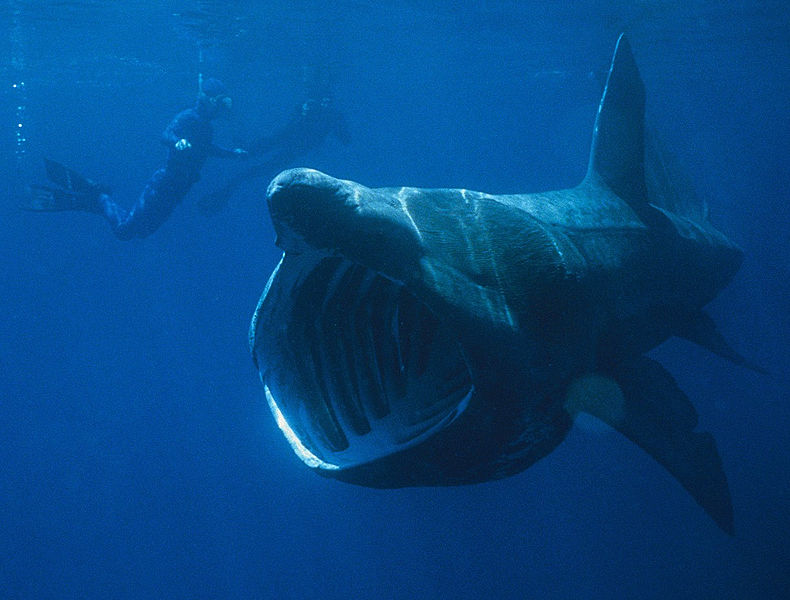
Sep 8, 2015 | Fish, Marine Animals, News, Wildlife Monitoring
Basking sharks are prevalent in the North Atlantic waters, off the coast of Scotland. While it is rarer to spot a basking shark in the Irish Sea, sightings have been reported off the Isle of Man. This is why a new partnership between Sea Life Blackpool and Manx...
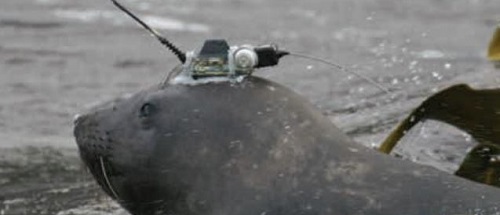
Jul 15, 2015 | Marine Animals, News, Oceanography, Meteorology, Hydrology, Climatology, Wildlife Monitoring
As of May 2015, a one-of-the-kind web portal named MEOP (Mammal Exploring the Ocean from Pole to Pole) provides operational access to the full international database of validated ocean observations collected by marine mammals such as seals, sea lions, and turtles....
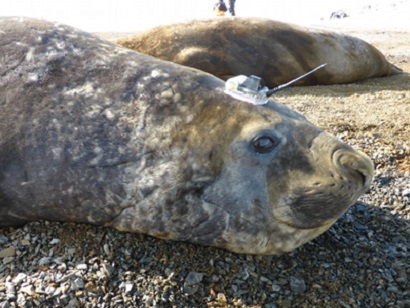
Dec 9, 2014 | Marine Animals, News, Wildlife Monitoring
This male Southern elephant seal was tagged on the Edwards Islands as part of the iSTAR project. A telemetry tag designed by the Sea Mammal Research Unit is attached to fur on its head with epoxy glue. The tag, which sends back ocean temperature and salinity profiles...







